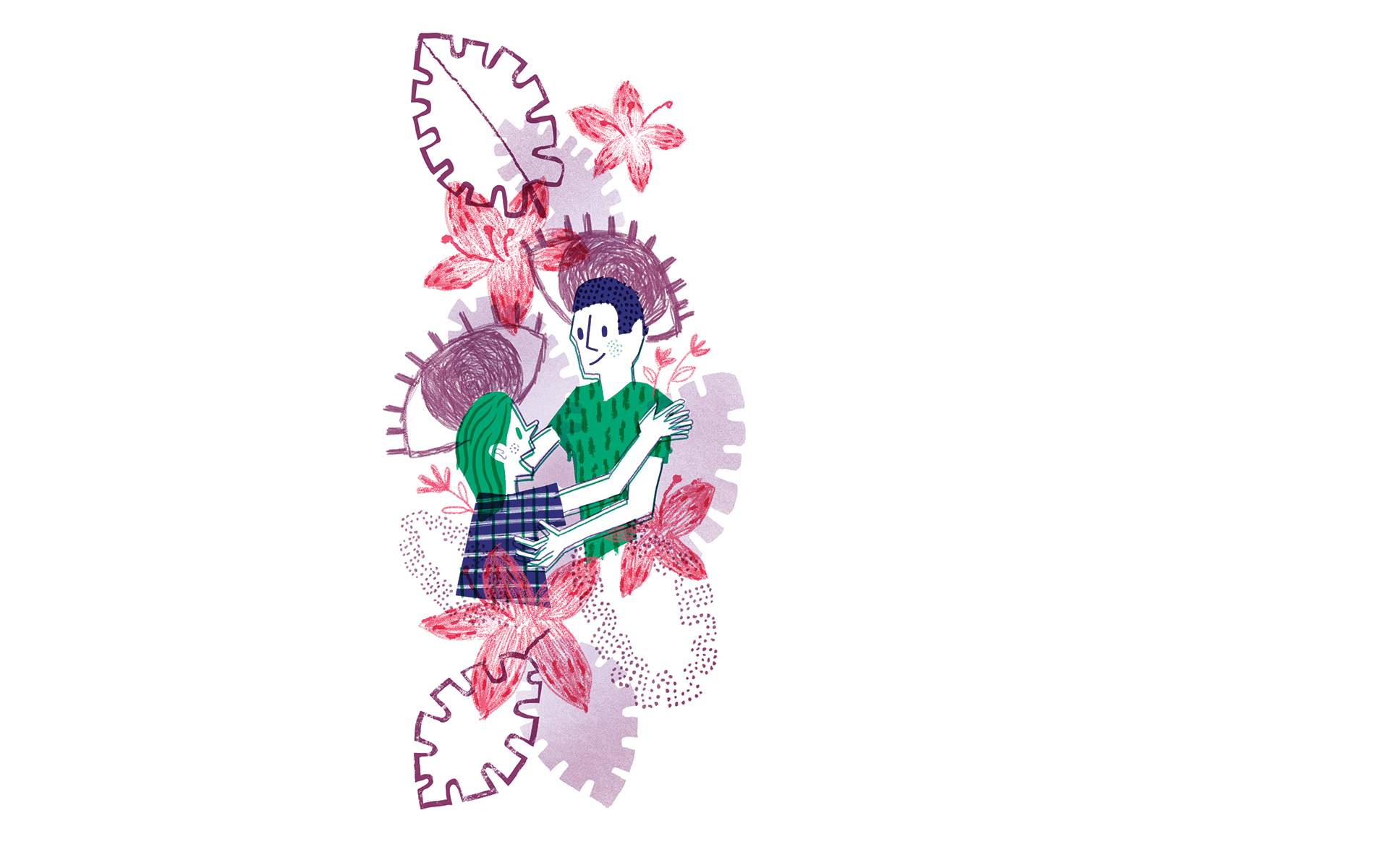Q. I heard meditating while looking into someone else’s eyes can be good for developing empathy. Do you think that’s true?
A. I first experienced this “interpersonal meditation” exercise when I brought my then-fiancée to a Jack Kornfield talk in Santa Monica, about eight years ago. We paired up, and it wasn’t long before she was overcome by emotion and tears were streaming down her face as we two lovebirds gazed into each other’s eyes. She says she fell in love with me all over again during that exercise.
These practices are often introduced to give people a direct, felt sense of loving-kindness, compassion, and empathy. They can be very powerful and often quite emotional (as my now-wife can attest!).
These practices are often introduced to give people a direct, felt sense of loving-kindness, compassion, and empathy.
What’s less clear is if engaging in such practices develops these qualities in an ongoing, sustainable way. It’s also been reported that people who have experienced trauma have found the exercise of enforced empathy with strangers less than comforting, which suggests that it may be a practice that should be introduced only in contexts where people are prepared for and have signed on for such a thing.
The good news is that we’re able to cultivate loving-kindness and compassion all by ourselves by often calling to mind loved ones or people we admire or people we know are suffering or struggling and directing good wishes toward them for happiness and freedom from suffering. Doing so helps cultivate good will—not necessarily good feelings—and allows us to tap into our natural capacity and desire for happiness and freedom from suffering. No eye-gazing required!






